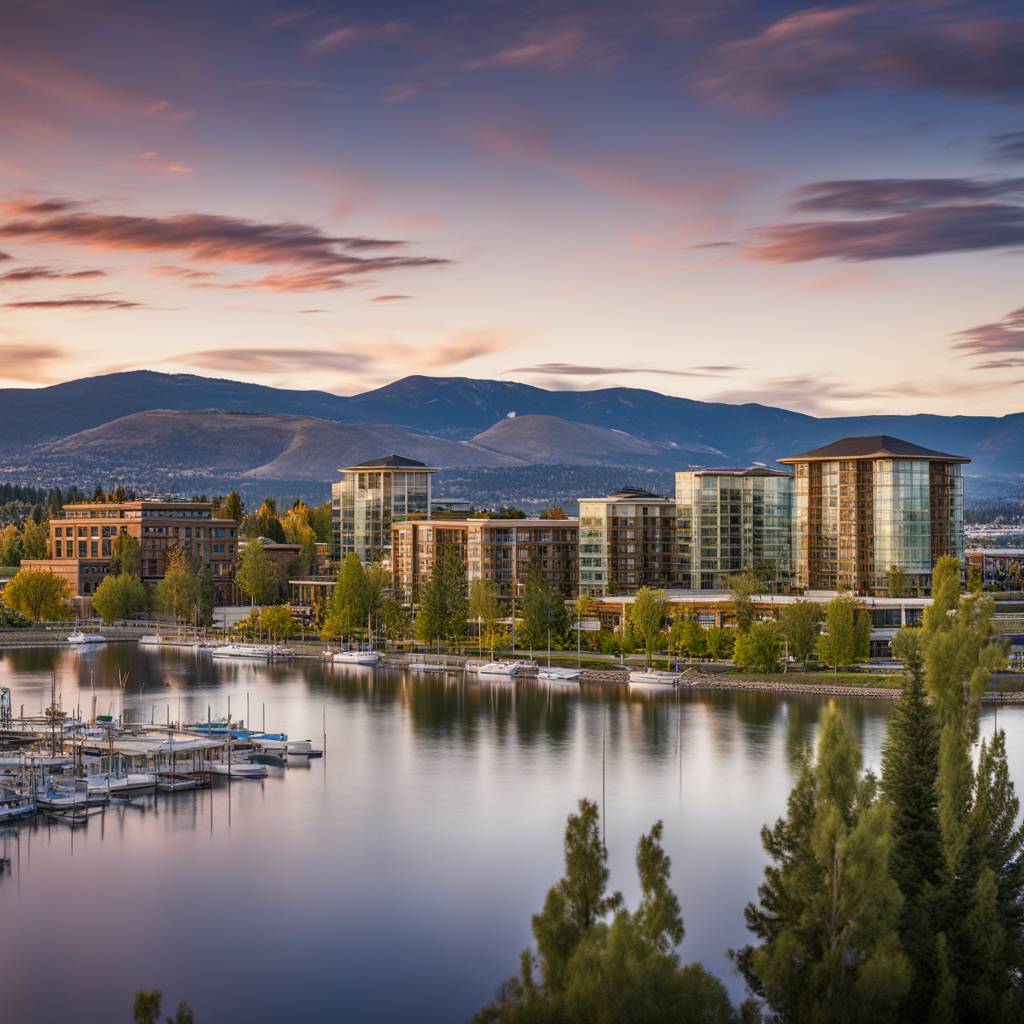Kelowna, B.C., city council recently voted in favor of a significant pay raise for both the mayor and council members. The mayor will see a 15 per cent increase, bringing their salary to over $145,000, while councillors will receive a 30 per cent raise, bringing their pay to around $58,000. The decision followed public feedback and a review that showed Kelowna ranked low compared to other similar-sized cities in terms of salaries for municipal politicians. The pay raise will be phased in, with the full amount taking effect in January 2025.
Coun. Loyal Wooldridge emphasized the importance of equity and accessibility in the municipal space, pointing out that the demands on council members today are much more complex compared to 30 years ago. He noted that the job requires full-time dedication, making it challenging to juggle other employment. Despite some councillors expressing discomfort with the raise and an opt-out clause being included in the remuneration bylaw, the vote ultimately passed with a narrow margin of 5 to 4. The dissenting councillors raised concerns about the size of the increase and its potential to cause division within the council.
While Kelowna moves forward with the pay raise, Victoria City Council in British Columbia has decided to pause a similar proposal following public backlash. Councillor Jeremy Caradonna noted that the issue was not about the pay itself, but about the process behind it. Victoria council has now tasked the city manager to create an independent task force comprised of community leaders to review remuneration and make recommendations. Caradonna believes that pay raises for municipal politicians should be determined at the provincial level to avoid politicization and public discontent.
Caradonna pointed out that cities like Victoria and Kelowna are addressing complex issues such as homelessness, mental health, addictions, and climate action that have been delegated to them by the province. He suggested that in some provinces like Saskatchewan or Manitoba, the salaries of municipal politicians are set by provincial law to avoid controversy. The exponential growth of cities like Victoria and Kelowna has brought about challenges that require significant time and effort to address, making the role of municipal politicians akin to a full-time job. The decision to increase salaries in Kelowna reflects the recognition of the demanding nature of the role.
Despite the controversy surrounding the pay raise, Kelowna Mayor Tom Dyas defended the decision as necessary for ensuring equity and attracting individuals who can dedicate themselves fully to the job. He acknowledged that the discussion was not easy, but emphasized the importance of fairly compensating municipal politicians for the work they do. The pay raise will help address the disparity in salaries compared to other cities and provide a more competitive compensation package for council members. The phased implementation of the raise aims to ease the transition and allow council members to adjust to the new salary structure gradually.
The debate over pay raises for municipal politicians highlights the challenges of balancing fair compensation with public perception and accountability. While some argue that higher salaries are necessary to attract qualified individuals and ensure effective governance, others raise concerns about the optics of significant raises, particularly during times of economic uncertainty. The differing approaches taken by Kelowna and Victoria illustrate the complexities involved in determining remuneration for elected officials and the importance of transparent and inclusive decision-making processes. Ultimately, the decision to increase salaries for municipal politicians reflects a broader conversation about the value society places on the work of elected representatives and the need to fairly compensate them for their service.


